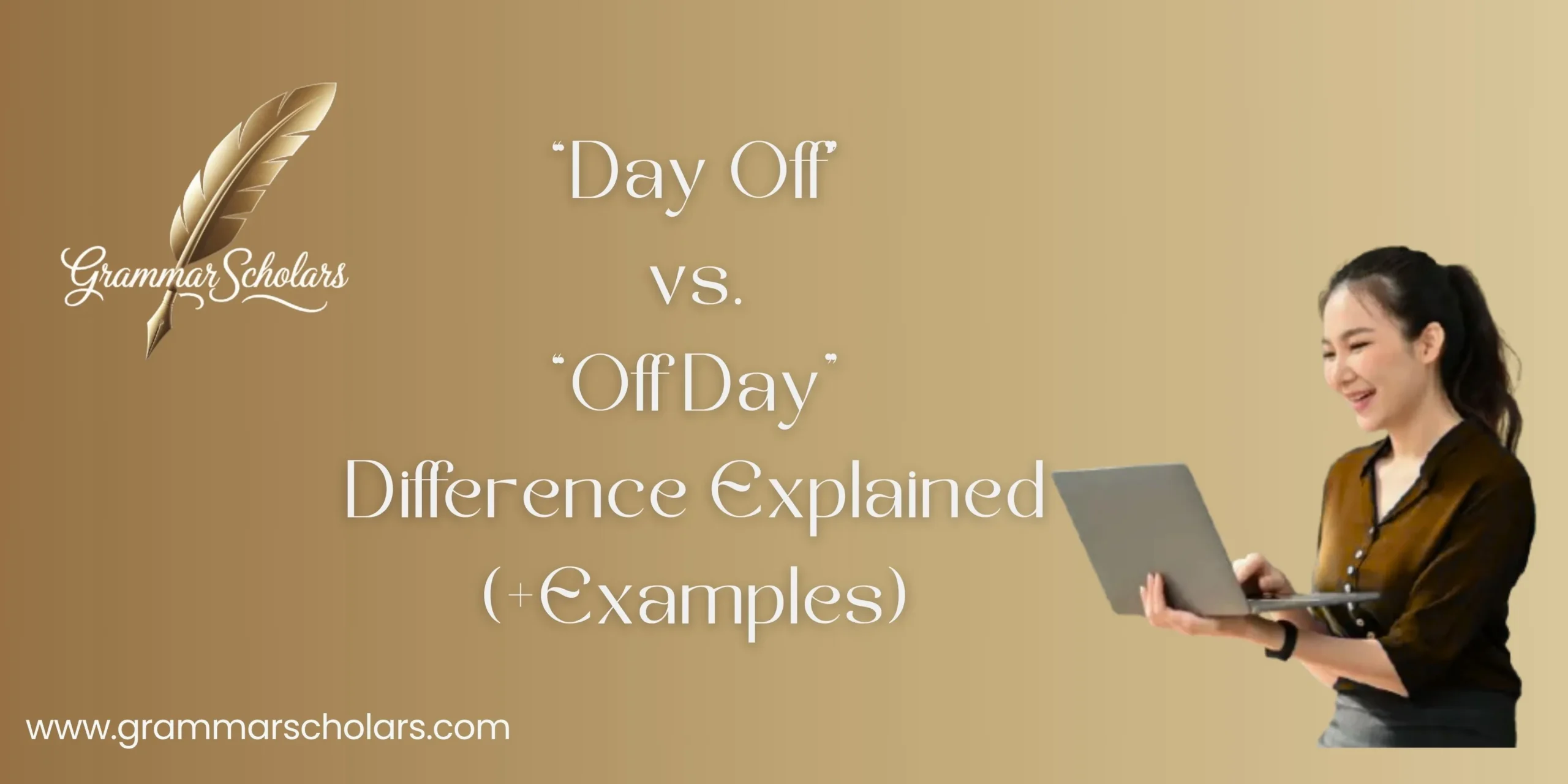Who Else or Whom Else? What’s Correct (With Real Examples)
Who Else or Whom Else? is a common question that pops up in grammar chats, especially when writing or speaking formally. Many people say Who else without hesitation, like in “Who else is coming to the meeting?”- and that’s okay! This sounds natural and fits our casual tone because “who” works as a subject pronoun. … Read more




















